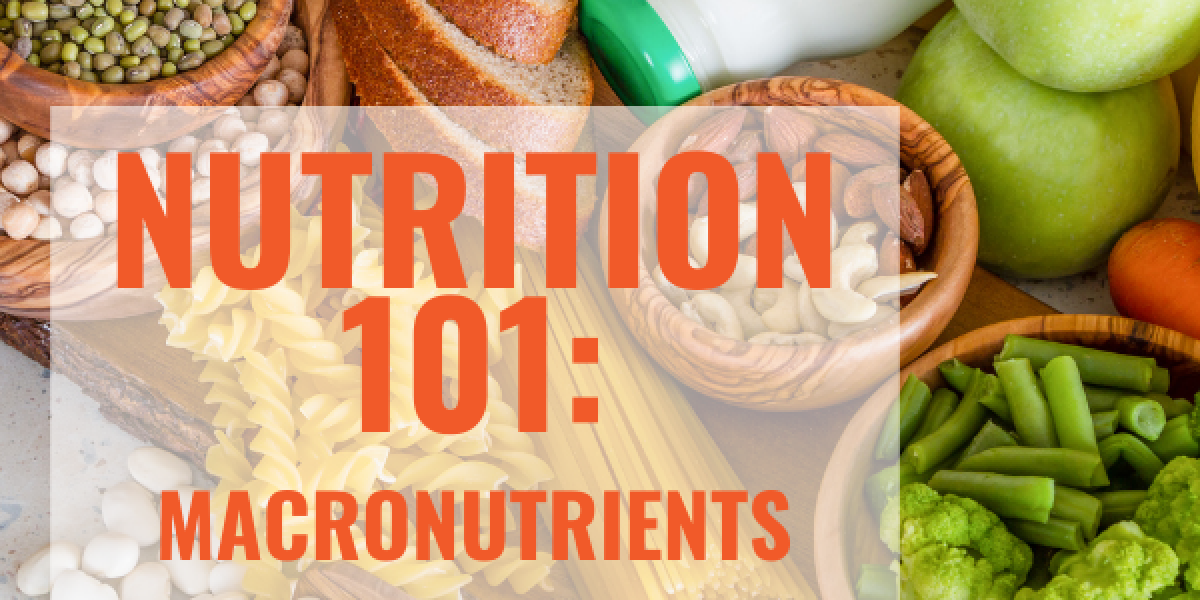
Nutrition 101: Macronutrients
The Macronutrients
When we break down the word macronutrients, we get macro (meaning large) and nutrients, which we get from the food that we eat. Putting it together, macronutrients are the foods our body needs in large quantities to perform its daily functions. The three macronutrients are carbohydrates, proteins, and fats, each important to health in their own ways.
It is important to maintain a healthy balance of these macronutrients. Restricting one can prevent your body from functioning at its full potential, and it may even miss out on performing an essential task. It is recommended to get 45-65% of calries from carbohydrates, 10-35% of calries from protein, and 20-35% from fat. This distribution ensures that all the body is benefitting from the unique roles that each macronutrient plays in the body!
Carobhydrates
Carbohydrates are responsible for fueling our bodies, similar to how gasoline fuels a car. Once carbohydrates are consumed, they are broken down into small sugars in your blood that go on to energize your whole body. Energy allows your body to complete daily activities; this can be simple things, like walking and talking or complex things, such as running and moving heavy objects.
Whole grains, breads, cereals, rice, pasta, beans, and starchy vegetables (like potatoes and corn) are all examples of complex carbohydrates. These foods take longer to break down and cause a slow, steady rise in blood sugar. Simple sugars include foods and beverages like honey, syrups, fruit juice, soda, and dairy. The sugar in these foods are released more rapidly into the bloodstream, which is why you may feel a sudden burst of energy after eating a lot of sugar!
Protein
Protein is made of small parts, called amino acids, which are either found in our diet or made by our bodies. You can consider amino acids to be building blocks; when these blocks are strung together in patterns, they form proteins. Protein is needed for growth, maintenance, and repair of body tissues. It also provides structure to muscle and bones and helps immune cells fight inflammation and infection. Protein is found in both animal sources, like meat, poultry, fish, dairy, and eggs and in plant sources, including beans, lentils, nuts, and soy products like tofu.
Fat
Fat plays a lot of different roles in the body from keeping you warm to providing structure to your cells and organs. Without fat, you would not be able to absorb vital nutrients like vitamin A, which is needed to keep your eyes and immune system healthy, and vitamin D, which helps keep your bones strong.
There are two main types of fat: saturated and unsaturated. Saturated fats are primarily found in animal products like meat, poultry skin, whole fat dairy products, and even some plant-based products like coconut oil. Saturated fats are fine to eat in small quantities, but in large quantities, they can elevate cholesterol levels and have a negative impact on heart health. Unsaturated fats are found in foods like nuts, olives, avocados, vegetable oils, and fatty fish. These "heart healthy" fats can help improve cholesterol levels and reduce inflammation.
